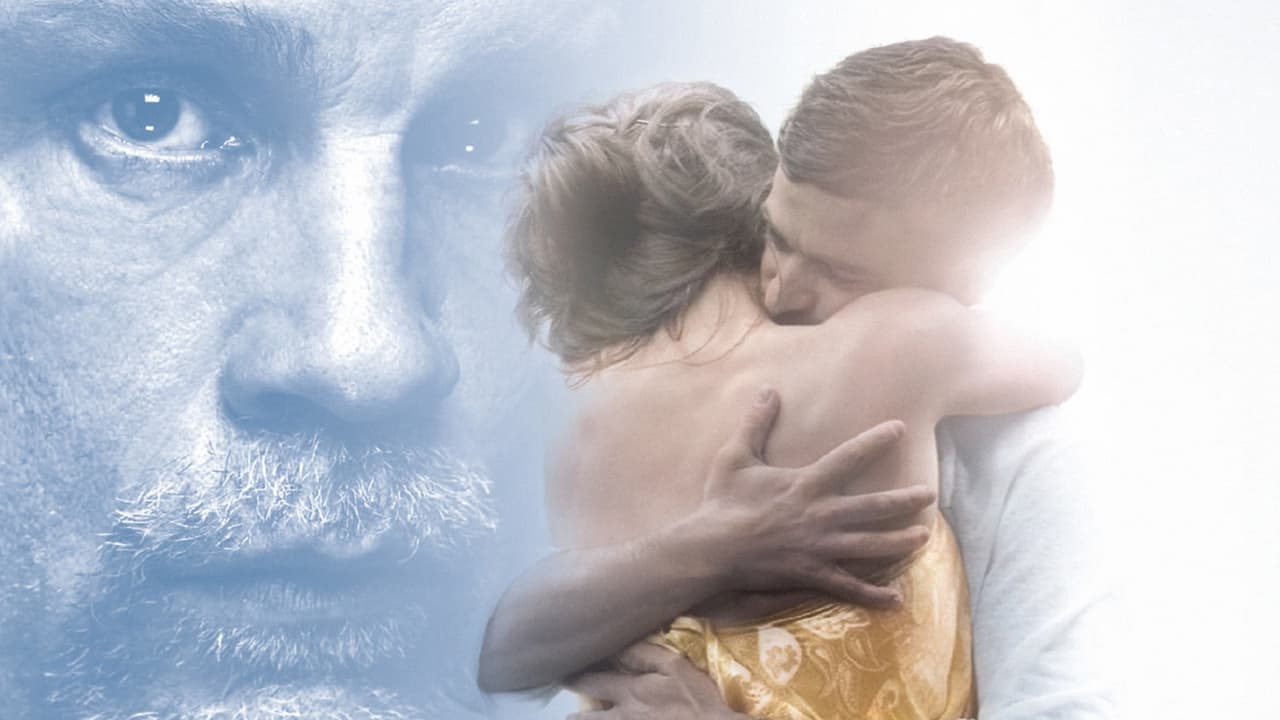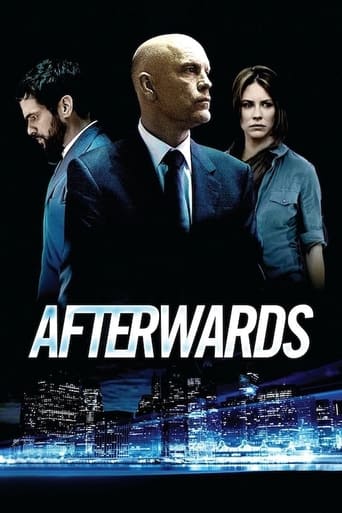

Waste of time
... View MoreFrom my favorite movies..
... View Moreeverything you have heard about this movie is true.
... View MoreGreat movie. Not sure what people expected but I found it highly entertaining.
... View MoreThe movie overall was... ooookay. Performance was almost realistic, but I couldn't relate to the main character, though I don't think it's the actor's fault, it's just bad directing. I mean, seriously awful directing. It almost has nothing to do with the book. Honestly if I hadn't read it, i wouldn't have seen the movie.It is completely different from the book. Of course, the book is always better, but this is just too different. First of all, the clinic that is run by Dr. Kay ( Gudrich in the book ) is supposed to be a nice place, that does not look like a clinic at all. It is supposed to be an almost happy place, if that's possible. I don't think Duris should've been chosen for the role * though he did play it well considering the movie*, because Nathan is supposed to be a completely different personality.Secondly, the relationship between Nathan and Claire has not been shown consistently.The whole movie had this dull, tiresome atmosphere and nothing's ever happening. They've shown everything in a different light. In the book, there are ACTUALLY reasons, excuses for characters actions and all of the characters have an emotional depth that the movie just does not show.All in all, this is a movie probably worth watching if you haven't read the book, because it does have some life-is-worth-living motives and it actually can make you appreciate it more, but if you, on the other hand HAVE read the book, I'm begging you not to watch the movie, it will just ruin it for you.
... View MoreAs the story begins, we are taken to an ideal bucolic setting that ends in what might be a lake. A boy and a girl are playing in a dock. The little girl steps on a loose board and gets trapped. She begins screaming while the boy goes running to get help. As the boy goes to cross the highway, he is struck by an oncoming car. This scene holds the key to perhaps understanding the mystery posed by the creators of this complex film.Without explanation we are taken to a Manhattan plush conference room where Nathan, a successful lawyer is hearing a colleague present a case which the firm might be interested in taking. It involves a suit against an airline where several family members have died in the Caribbean due to negligence. Nathan does not quite agree with the presentation and decides it is not for the firm.At this time, an enigmatic man, who claims to be a Dr. Kay, arrives to speak with Nathan. The doctor watches Nathan while he puts sugar in his coffee; he is shocked by the amount of sugar the lawyer uses, so he warns him about possible health risks, something that is dismissed. The nature of Dr. Kay's visit is not immediately known, but the effect of his visit will linger in Nathan's mind and it will disturb him deeply. It is obvious Dr. Kay has come as some sort of messenger to warn about an impending doom, which is hard to understand.Nathan's life will be greatly transformed as he learns more about Dr. Kay's message. He is shocked when the doctor asks him to accompany to watch a horrible scene in a subway station. Kay also tells him about a lady who Nathan used to know and her impending demise. Dr. Kay also points to other matters that must be seen to in Nathan's own life, like the strange relationship between Nathan and Claire, his former wife. We get to know about the personal tragedy in their life and finally Nathan is told about why he has been chosen by Dr. Kay in what will be his own mission in life."Afterwards" is not an easy film to grasp, yet there are rewards for the viewer that pays close attention to what really is underneath of what surfaces on the screen. Directed by Gilles Bourdos, and based on a novel "Et apres", which we never read, with Mr. Bourdos and Michel Spinosa's adaptation of the original material. The film is gorgeously photographed by Pin Bing Lee with an original musical score by Alexandre Desplat, a man with an excellent taste in whatever project he decides to undertake. The film was shot in different locales going from Quebec, to Manhattan to New Mexico.Romain Duris, a versatile French actor, is at the center of the film playing Nathan. In his first assignment for an English language movie, this amazing actor shows why he is one of the most interesting personalities working today. John Malkovich appears as Dr. Kay, the enigmatic man with a mission. Canadian beauty Evangeline Lilly is fine as Claire.
... View MoreHere's yet another film that attempts to seriously suggest the existence of such things as life after death, clairvoyance, and whatnot, and have us get all misty-eyed about it.Instead of treating these Final Destination subjects as the comedy or horror or comedy-horror themes they rightly are, we're given a dull sort of mystery that's supposed to also be a love story. Who is going to die next? (Not a big surprise if you've seen more than two films in your life.) The fact is, we're ALL going to die. Nobody gets to live forever. And only those who take their own lives get to decide when they die. The rest of us gamble a minute at a time that we won't suffer a fatal brain aneurysm or get killed by lightning.The thing about death is that it's final. Sure, there's medical death, which can be survived, and is sometimes intentionally used for surgical purposes. But then there's the death we all know about, the death that is either embalmed, plastinated, burned, or allowed to rot, beyond which nothing ever returns. Ever. It will happen to all of us.If people actually knew when or how death was coming, this would be a markedly different world. There's a lot of money to be made in things like setting up your will the way you want it before you die, instead of what it was 10 years ago when you last revised it. Or trimming back your insurance policy so it doesn't go all the way to age 90. Or stepping down from an organization so it won't be left suddenly leaderless. Probably the best use is so that would-be assassins and other murderers are caught and prosecuted immediately after their (apparently unstoppable) crimes.Of course, this film's biggest mistake is in the idea that we really only need to care about people when they're about to die. Most of us know that's not true, and we don't need the supernatural to justify it.I've noticed some negativity about Romain's performance, but I thought it was reasonable for the role.
... View MoreFor a movie that concerned itself so much with death and dying, I was surprised at how much it said about life and learning how to live. Anyone who has been through a period of personal evolution will be able to relate to the main character as he reflects on the past events of his life and begins to change the dynamic of how he lives going forward. Those who haven't already reached these conclusions on their own will probably find it more difficult to understand.I believe the reserved performance by the main character was a perfect representation of a man who is led by his career and by practical matters, and has shut himself off from his emotions and any real sense of living. Malkovich plays the somewhat creepy, mysterious benefactor of insights unseen (until the end of the movie) and delivers everything you'd expect from him in such a role. The female characters generate the same sympathy and compassion from the audience as they do from their male counterparts in the film, and that's why this movie works. If we are moved, we understand how they would be moved.Preparing oneself to die by truly embracing life is not the theme I was expecting from this movie, but it's probably a better one than what I was looking for. I generally classify movies like this as "must see" films because anyone that hasn't figured something like this out on their own, really should. And the sooner, the better.
... View More